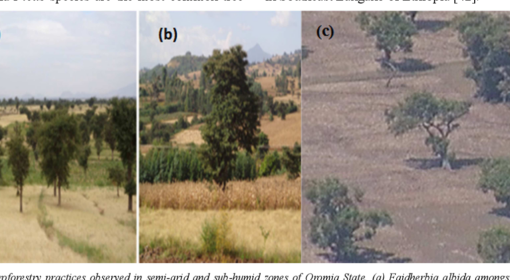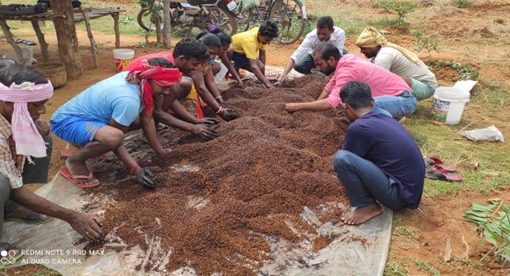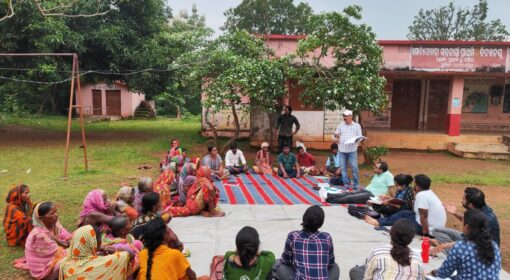By Sukru Esin
Water is one of the most vital resources for our planet and managing it in a sustainable way is critical for ensuring a healthy and prosperous future for all. As someone who has studied water management and has a deep understanding of the challenges and solutions involved, it can be frustrating to see decision-makers ignore the potential benefits of implementing sustainable water management practices.
During my master’s program in water management, I learned about a variety of different approaches to addressing water-related challenges, including flood risk assessment, rainwater harvesting, and managed aquifer recharge. These approaches are designed to help communities manage their water resources in a sustainable way and can make a real difference in promoting the health and well-being of people and ecosystems alike.
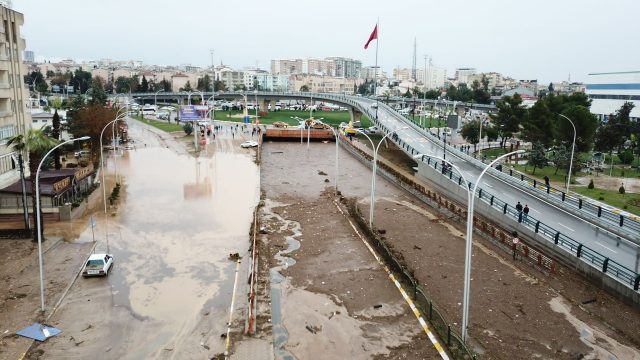
Unfortunately, despite the many benefits of these approaches, decision-makers in many parts of the world are slow to adopt them. In my case, with my colleagues we have introduced this techniques with examples but some of the decision makers said that “third world” solutions are not relevant to our country. In other cases, they may be resistant to change due to concerns about the cost or complexity of implementing new practices.
Of course, progress is slow, and it is disheartening to see communities continue to suffer the effects of poor water management practices. For example, in my own hometown (Urfa Province), a recent flood caused significant damage and resulted in the loss of 15 lives. However, it’s important to remember that even small steps towards more sustainable water management can make a difference. By staying committed to the goal of promoting sustainable practices, we can work towards creating a more resilient and sustainable future for all.
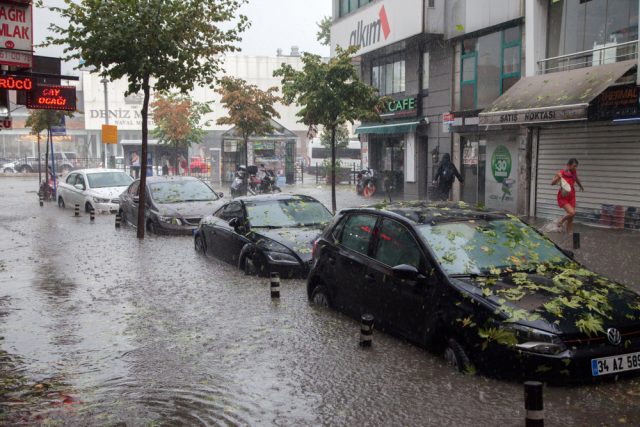
While there is no single solution that can completely eliminate the risk of floods, consistent effort and planning can go a long way in reducing the damage caused by water-related disasters. By promoting sustainable water management practices, decision-makers can help prevent future damage and ensure that communities are better prepared to cope with the impacts of extreme weather events.
It’s important to remember that change doesn’t happen overnight, and progress can often be slow. However, by remaining committed to the goal of promoting sustainable water management practices, we can make a real difference over time. With persistence and dedication, it’s possible to create a more sustainable and resilient future for all. And, by implementing the 3R approach (Recharge, Retention, Reuse), decision-makers can take a step towards reducing the damage caused by water-related disasters and eliminate the need for using a “squeegee” for no reason.

21.03.2023
Further videos and book on the 3R approach in water management:
Short video clip on introduction to 3R: https://thewaterchannel.tv/videos/introduction-to-3r/
Webinar on 3R: https://thewaterchannel.tv/videos/3r-webinar-may-2020/
Book Managing the Water Buffer for development and Climate Adaptation https://www.bebuffered.com/downloads/3R_managing_the_water_buffer_2010.pdf
